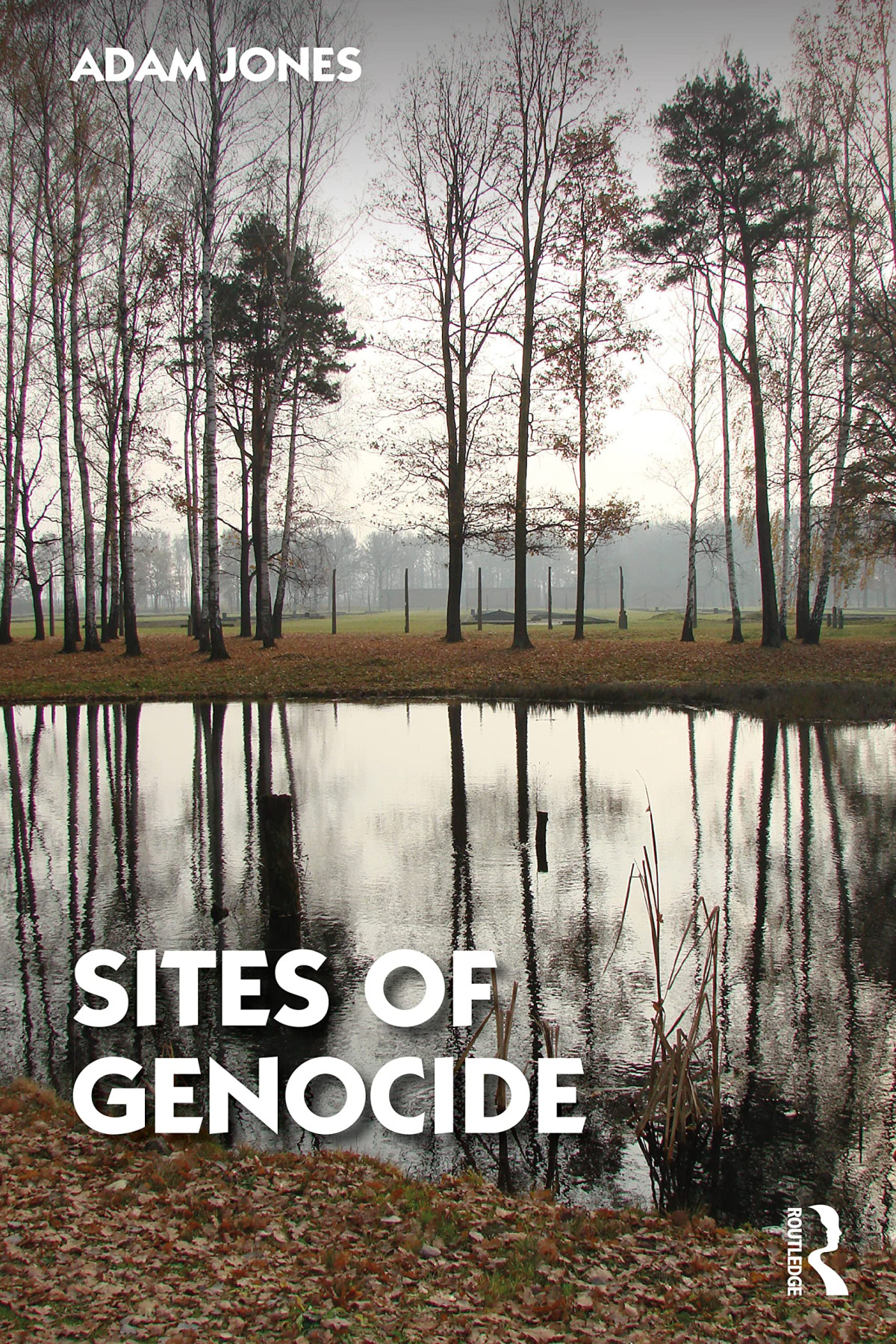

Most ebook files are in PDF format, so you can easily read them using various software such as Foxit Reader or directly on the Google Chrome browser.
Some ebook files are released by publishers in other formats such as .awz, .mobi, .epub, .fb2, etc. You may need to install specific software to read these formats on mobile/PC, such as Calibre.
Please read the tutorial at this link: https://ebookbell.com/faq
We offer FREE conversion to the popular formats you request; however, this may take some time. Therefore, right after payment, please email us, and we will try to provide the service as quickly as possible.
For some exceptional file formats or broken links (if any), please refrain from opening any disputes. Instead, email us first, and we will try to assist within a maximum of 6 hours.
EbookBell Team

5.0
108 reviews"Genocide" may be the most powerful word in the English language. What is the significance and relevance of this formative concept today? In an extraordinarily wide-ranging collection of essays and interviews, Adam Jones, one of the world's leading genocide scholars, explores the uses and controversies surrounding the term that Raphael Lemkin coined during the Second World War to describe and prohibit mass atrocities against defined human groups.
Jones addresses key historical and contemporary issues, such as: What were the motivations and proclaimed justifications for genocide in the "long nineteenth century" that shaped our modern world? How can "humanitarian" interventions in genocide avoid sliding into new imperialism? What are the connections between religion and genocide? How can the gender variable in genocide perpetration and victimization be understood? A wide range of historical and contemporary genocides and crimes against humanity, from the eighteenth-century slave rebellion in Haiti to Myanmar's destruction of the Rohingya, and to the forms of structural and systemic violence that Jones argues should be encompassed by any global-historical understanding of genocide.